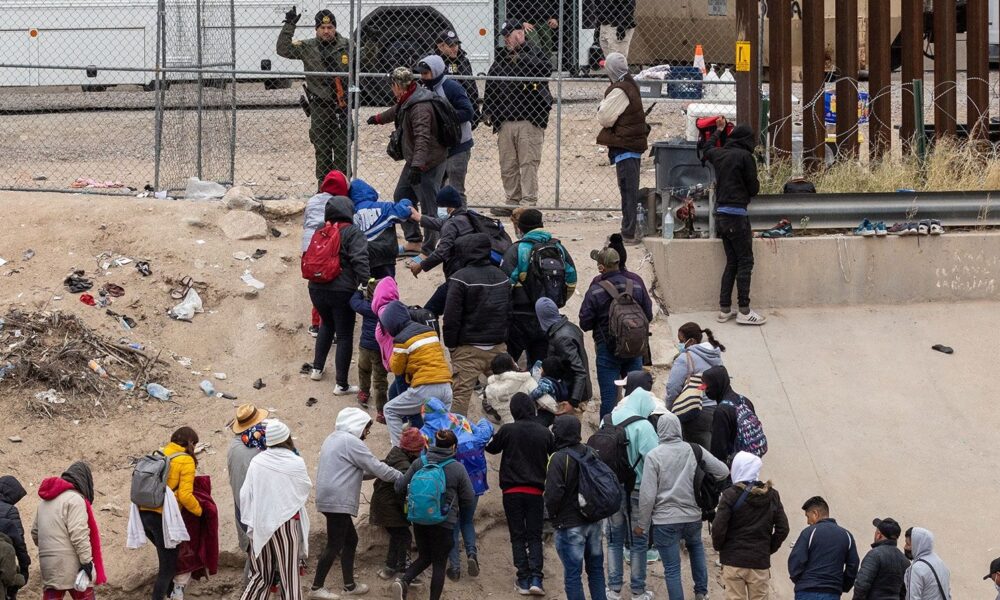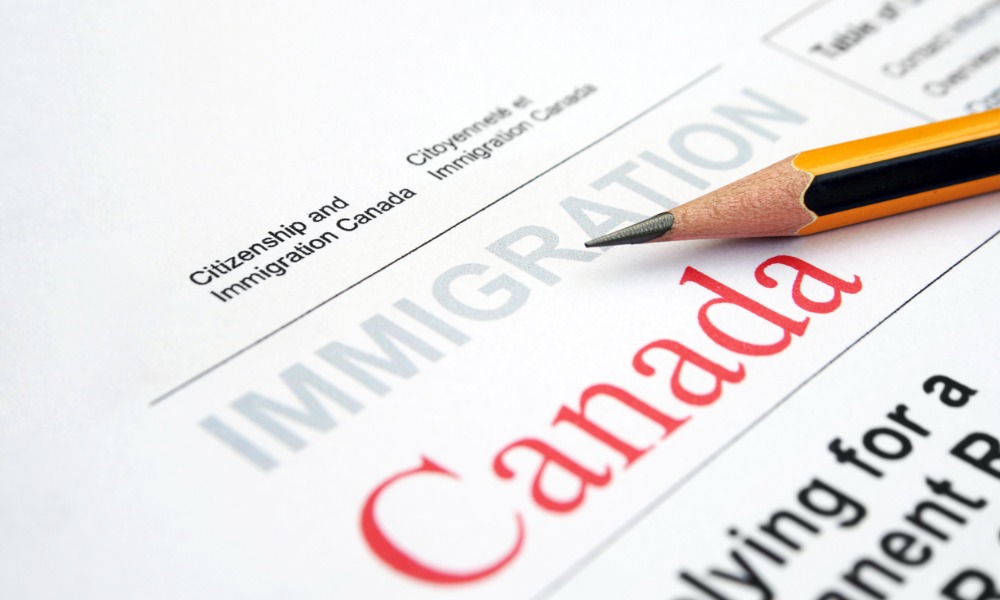
Border control measures refer to the various policies and procedures put in place to regulate the movement of people and goods across international borders. These measures are implemented by governments to maintain national security, protect citizens from harm, and prevent illegal activities such as smuggling and terrorism. However, the effectiveness of border control measures has been a topic of debate for many years. While some argue that strict measures are necessary to maintain security, others argue that they are often ineffective and can even be harmful. In this article, we will explore the various ways in which the effectiveness of border control measures can be assessed.
Measuring the Effectiveness of Border Control Measures
There are several ways to assess the effectiveness of border control measures, including:
- Reduction in illegal activities: One of the main goals of border control measures is to prevent illegal activities such as drug trafficking, human trafficking, and smuggling. Therefore, a reduction in these activities can be a strong indicator of the effectiveness of border control measures.
- Number of apprehensions: Another way to measure the effectiveness of border control measures is by the number of apprehensions made by border officials. This can include the number of individuals caught attempting to cross the border illegally or the number of goods seized.
- Cost-effectiveness: Border control measures can be expensive to implement and maintain. Therefore, it is important to assess whether the benefits of these measures outweigh the costs.
- Public perception: The public’s perception of border control measures can also be an indicator of their effectiveness. If the public feels that these measures are effective and necessary, they are more likely to support them.
The Challenges of Assessing the Effectiveness of Border Control Measures
Assessing the effectiveness of border control measures is not without its challenges. Some of the main challenges include:
- Difficulty in measuring illegal activities: It can be difficult to measure the effectiveness of border control measures when it comes to preventing illegal activities such as drug trafficking and human trafficking. These activities often go undetected and can be difficult to quantify.
- Difficulty in measuring deterrence: One of the main goals of border control measures is to deter individuals from attempting to cross the border illegally. However, it can be difficult to measure the effectiveness of deterrence.
- Political pressure: Border control measures can be highly politicized, and politicians may be tempted to exaggerate their effectiveness in order to gain public support.
Assessing the effectiveness of border control measures is important in order to ensure that these policies and procedures are achieving their intended goals. While there are challenges to measuring effectiveness, it is important to continue to evaluate these measures in order to improve them and ensure that they are serving the public interest.







